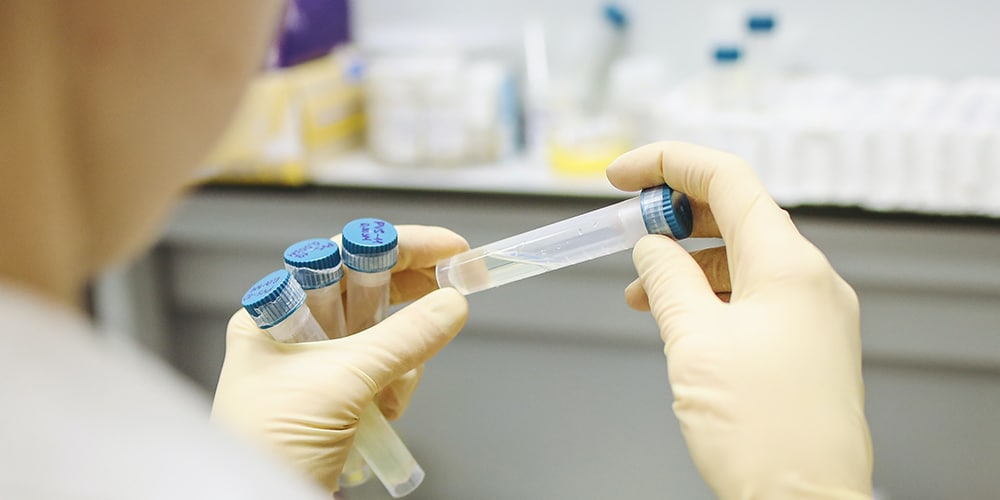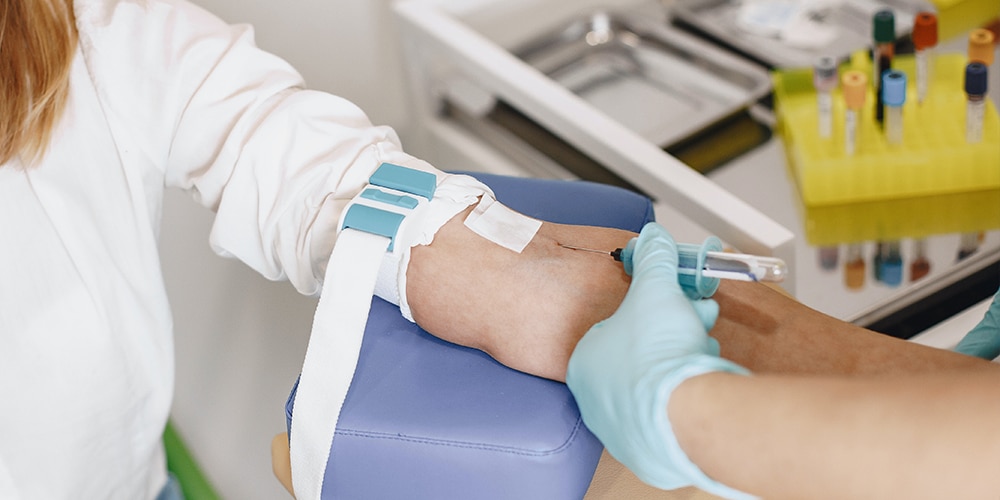Ecstasy, also known as MDMA, is a drug that is often used at nightclubs and raves. It can cause feelings of euphoria, empathy, and increased energy. However, ecstasy can also have negative side effects, such as dehydration, overheating, and anxiety. According to the National Institute on Drug Abuse, 2.2 million people aged 12 or older used ecstasy in the past year.
Ecstasy addiction is a serious problem, and it is important to seek help if you are struggling with it. There are many resources available to help you overcome your addiction and live a sober, happy, and fulfilling life.












